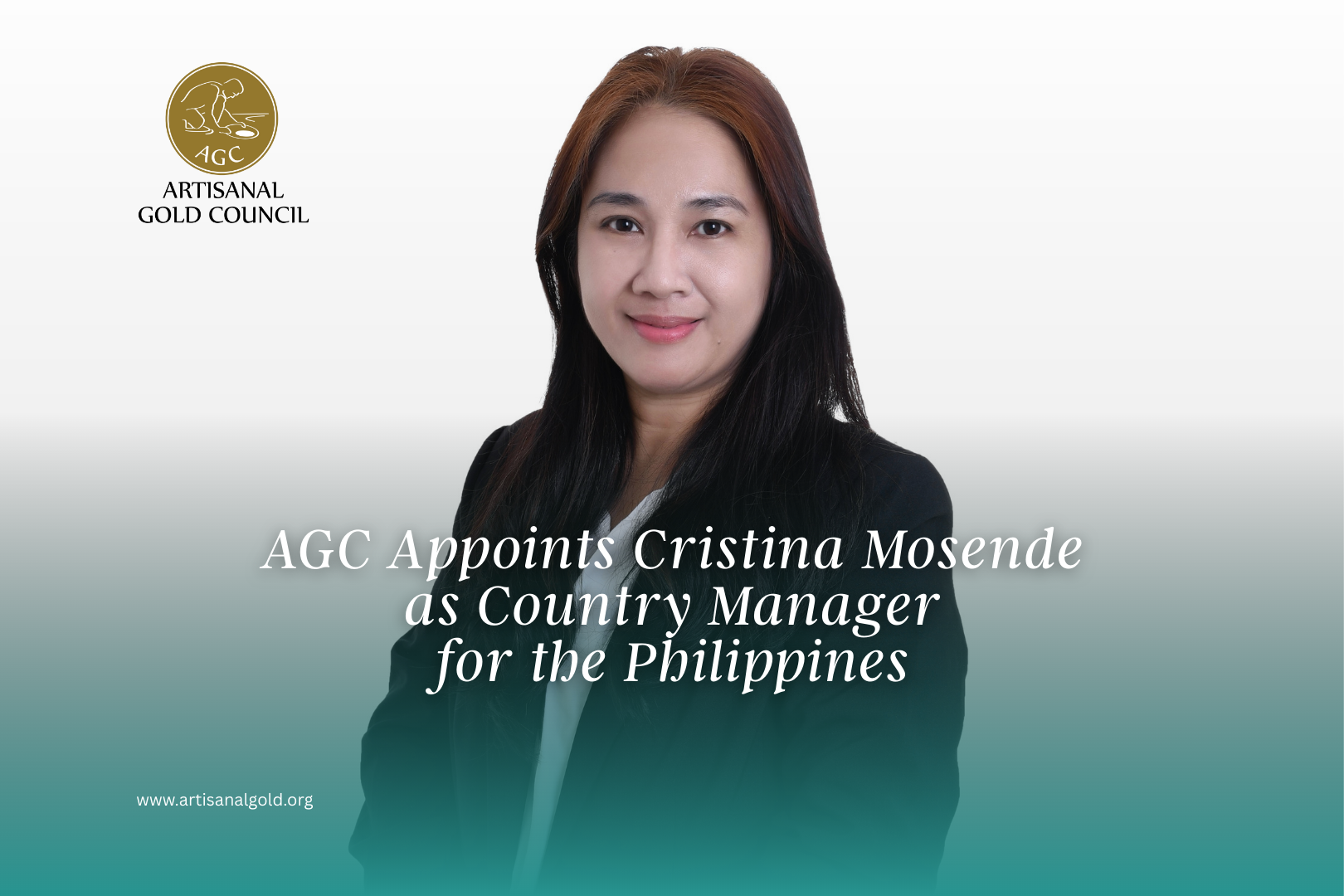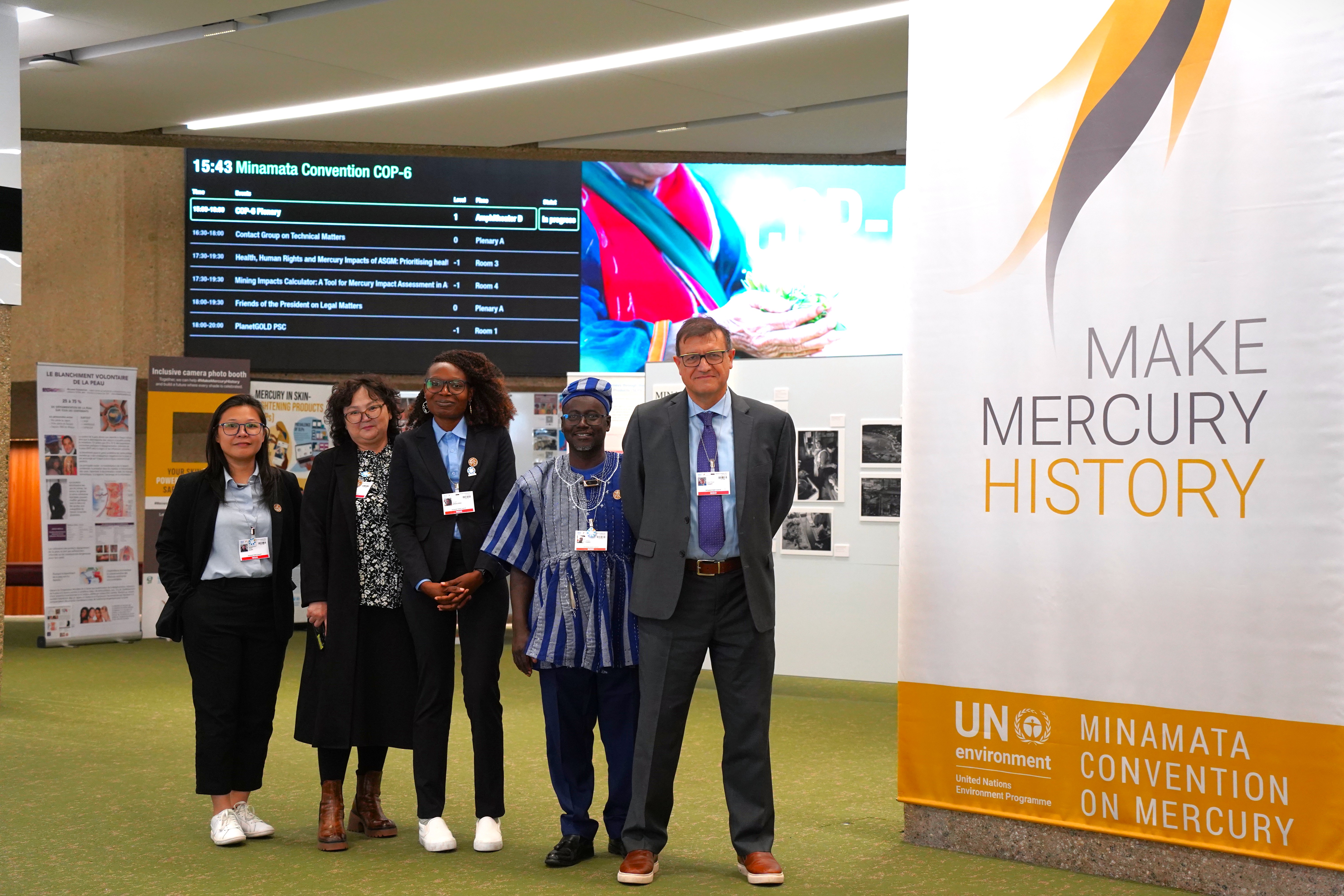Building a Responsible Artisanal Gold Sector: Progress and Challenges in the STAG Project

Artisanal and small-scale gold mining (ASGM) plays a significant role in many communities worldwide, providing livelihoods and supporting local economies. However, the informal nature of these operations often brings social, environmental, and economic challenges. The Scalable Trade in Artisanal Gold (STAG) project addresses these challenges head-on, aiming to create a responsible and replicable sourcing system that benefits miners while adhering to international standards.
The CRAFT Code: A Blueprint for Responsible Mining
The CRAFT code (Code of Risk-mitigation for Artisanal and Small-scale Mining Engaging in Formal Trade) is at the heart of the STAG project. This framework guides artisanal miners toward meeting responsible sourcing standards through progressive due diligence, encouraging incremental improvements and engagement. The Artisanal Gold Council (AGC), in collaboration with the Responsible Minerals Initiative (RMI) and RESOLVE, is implementing this approach in Burkina Faso with promising results.
Achievements So Far: Progress on the Ground
The STAG project has made strides in formalizing artisanal gold supply chains:
● Regulatory Compliance: AG Sarl, the local partner, secured its trading license, enabling legal gold trade in Burkina Faso.
● Mining Site Assessments: Three mining sites underwent compliance assessments, with actionable plans developed to meet CRAFT standards.
● Capacity Building: Training sessions on health, safety, and environmental practices have reached over 1,500 miners, fostering awareness and improving practices.
● Formalization Success: Three mining groups have been formalized, with proper documentation ensuring compliance and transparency.
Overcoming Challenges: Lessons Learned
The journey toward responsible artisanal mining has not been without obstacles:
● High Costs of Compliance: Miners often face financial barriers to formalization, discouraging participation in the formal market.
● Lack of Safety Infrastructure: Many sites lack essential health and safety protocols, such as first-aid kits and personal protective equipment (PPE).
● Building Trust: Establishing relationships with local stakeholders required addressing concerns about compliance initiatives and regulatory intentions.
Adaptations for Local Contexts
Recognizing the unique needs of local communities, the project has implemented tailored solutions:
● Incident Logging Tools: Mining groups now have systems to effectively track and address on-site issues.
● Anti-Bribery Protocols: Transparency measures have been integrated into extraction, trade, and export operations, enhancing trust in the system.
● Customized Training: Capacity-building efforts include financial education, environmental management, and the principles of responsible mining.
Scaling Impact: A Model for the Industry
One key learning from the STAG project is the importance of incentives. Without immediate benefits, the informal market remains more appealing to miners. The project's success underscores the need for a sector-wide shift toward progressive due diligence. Disengaging from high-risk areas doesn't eliminate risk; it pushes miners toward illicit networks. Engaging with these miners instead drives meaningful change and paves the way for responsible sourcing.
Looking Ahead: A Sustainable Future for ASGM
As the STAG project evolves, AGC is refining its approach to ensure lasting impact:
● Securing Legal Rights: Supporting miners in obtaining land and mining titles for stable operations.
● Environmental Protection: Conducting assessments to safeguard biodiversity and implementing mercury-free technologies for safer production.
● Community-Centric Development: Engaging local communities deeply to build trust and tailor support to their needs.
This integrated approach—spanning legal, environmental, social, technical, and financial aspects—aims to professionalize the artisanal mining sector and ensure its sustainability.
Conclusion: A Path to Resilience
The STAG project’s innovative approach offers a replicable model for improving the artisanal gold sector globally. By addressing systemic challenges and empowering miners, the project is formalizing artisanal mining and creating a foundation for long-term, sustainable development. Responsible mining is not just a goal; it’s a journey that benefits miners, markets, and the environment.


-min.JPG)



.png)
